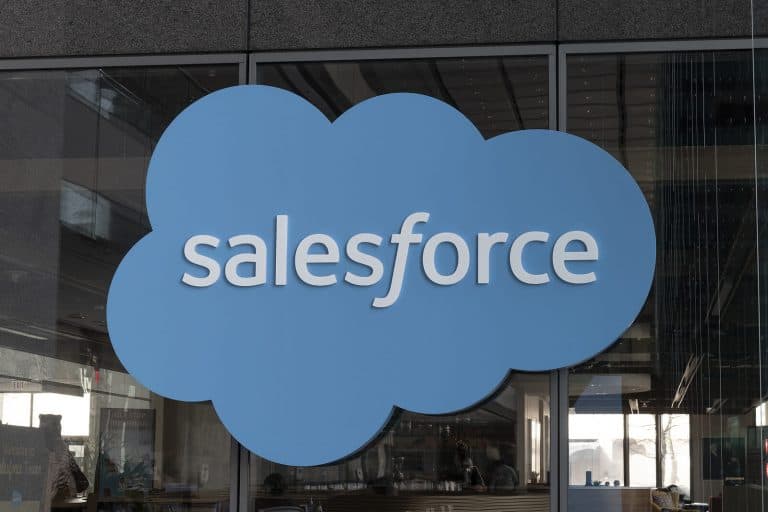Crowdsourcing is a method of generating ideas or opinions from a group of people, often with a shared interest or characteristic, such as car drivers or employees within the same business. It is usually carried out online – using apps, websites, or social media – but can also include in-person events such as hackathons.
Examples of large organizations currently using crowdsourcing include Google, Lego, Amazon, and NASA.
But… this technique can be great for smaller businesses too! Here’s why:
Why Should Small Companies Embrace Crowdsourcing?
By using crowdsourcing, small businesses can tap into the ideas of both their in-house team and a wider external audience. This enables them to:
- Improve their efficiency
- Generate lots of ideas, quickly
- Attract a more diverse range of viewpoints
- Give a voice to their employees
- Make their customers feel loved
- Spread the word about their business
Improve Efficiency
Listening to suggestions from your employees – the people who know your business the best – could throw up some new ways to improve the efficiency of your processes.
If there are specific areas you’d like to focus on, you could use idea management software to create challenges around those topics. This will also make it easier to assess the value of potential ideas and make comparisons before you invest your valuable resources.
See Fast Results
If your business wants to work in an agile manner, crowdsourcing enables you to generate lots of ideas or gain honest feedback quickly. This can also help to free-up in-house resources and ensure you’re pursuing ideas that have a sound basis.
Achieve Greater Diversity
As a small business, crowdsourcing can enable you to source a greater range of ideas and perspectives without hiring extra talent or employing focus groups. This is invaluable for those operating on a budget.
Having a more comprehensive range of viewpoints will provide you with a more holistic view of solutions to your business problems.
Encourage Employee Engagement
According to Gallup, ‘highly engaged business units realize a 41% reduction in absenteeism and a 17% increase in productivity. Meanwhile, Forbes has found that employees who feel they are being listened to by their organization are almost five times more likely to feel empowered to perform their best work.
Engaged employees work more efficiently, but they are also less likely to leave the business – this will be of particular importance to employers due to high numbers of staff looking to move on following the pandemic (a phenomenon that’s being called ‘the Great Resignation’).
Asking your employees for their input and being transparent about their impact on the business will give meaning to their work and make them feel that their voice is being listened to. You can also offer gamification or rewards to further encourage employee engagement.
Embrace Open Innovation
Small businesses can use innovation to engage employees and do the same with customers and suppliers!
Asking your clients to have their say on new ideas for the business will instantly create a link with them and make them feel that your business cares about them. It also provides a tailored and personalized aspect to your company’s service or products that people often look for when using smaller businesses.
This also enables you to get immediate feedback on new products or ideas, so you know which are the most likely to resonate with your audience. By using idea software, you can combine their feedback with that from your in-house team – all in one place.
Spread the Word
Crowdsourcing can be a great PR opportunity, too – especially if you choose to run a competition or an event such as a hackathon.
People connect with companies that have a purpose, and they want to have an impact on the world. By reaching out and asking people to innovate on something they care about, they will spread the word about your challenge – and your company.




